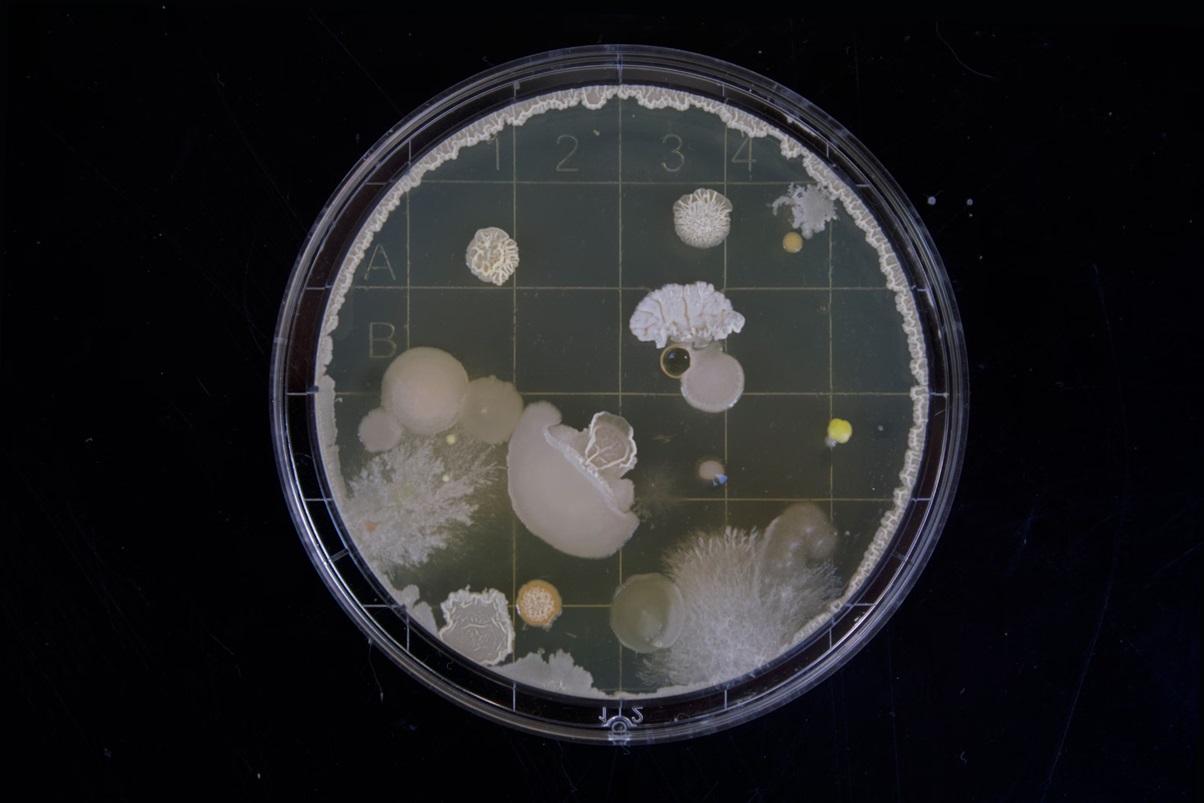Is your grease trap a constant headache? Are you tired of the foul odors, clogs, and overflows that seem to come with the territory?
Maybe you’ve even resorted to endless Google searches for “grease trap pumping near me,” only to be met with high prices and inconvenient scheduling. What if there was a way to harness the power of nature to keep your grease trap running smoothly and efficiently?
Welcome to the world of grease-munching bacteria – tiny microbes that can make a big difference in your grease trap maintenance.
These unsung heroes of the sanitation world are not only eco-friendly but also surprisingly effective at breaking down fats, oils, and grease (FOG) that can wreak havoc on your plumbing system.
In this article, we’ll dive deep into the science behind these mighty microbes, explore how they work, and discuss how you can incorporate them into your grease trap management routine.
Understanding the Grease Trap Ecosystem
Before we unleash the power of bacteria, let’s take a closer look at the environment they’ll be working in – your grease trap.
The Grease Trap: A Necessary Evil
Grease traps are essential for any commercial kitchen, as they prevent FOG from entering the sewer system and causing blockages. However, they can quickly become a breeding ground for bacteria, both good and bad.
The Good, the Bad, and the Ugly
The bacteria in your grease trap can be categorized into three main types:
- Aerobic bacteria: These microbes thrive in oxygen-rich environments and are responsible for breaking down FOG into harmless byproducts.
- Anaerobic bacteria: These bacteria flourish in oxygen-depleted conditions and can also contribute to FOG breakdown, but they can also produce unpleasant odors like hydrogen sulfide (rotten egg smell).
- Facultative bacteria: These adaptable microbes can switch between aerobic and anaerobic respiration, depending on the availability of oxygen.
The key to a healthy grease trap ecosystem is maintaining a balance between these different types of bacteria.
Grease-Munching Bacteria: Your Tiny Allies
Now, let’s introduce the stars of the show – the grease-munching bacteria. These microbes are specifically formulated to thrive in grease trap environments and accelerate the breakdown of FOG.
How They Work
Grease-munching bacteria produce enzymes that break down FOG into smaller molecules, such as fatty acids and glycerol. These smaller molecules are then further metabolized by the bacteria, converting them into harmless substances like carbon dioxide and water.
The Benefits of Using Grease-Munching Bacteria
Incorporating grease-munching bacteria into your grease trap maintenance routine can offer a multitude of benefits:
- Reduced FOG buildup: By breaking down FOG more efficiently, these microbes can help prevent clogs and overflows.
- Improved grease trap performance: A healthier ecosystem means your grease trap will function more effectively, reducing the need for frequent pumping.
- Odor control: Grease-munching bacteria can help neutralize unpleasant odors caused by anaerobic bacteria.
- Environmentally friendly: These microbes are a natural and sustainable alternative to harsh chemicals.
- Cost savings: By reducing the need for frequent pumping and preventing costly repairs, you can save money in the long run.
Incorporating Grease-Munching Bacteria Into Your Routine
Ready to put these mighty microbes to work? Here’s how you can incorporate them into your grease trap maintenance routine:
- Choose the right product: There are many different types of grease-munching bacteria available on the market. Look for a product specifically designed for grease traps and follow the manufacturer’s instructions for application.
- Regular application: The frequency of application will depend on the product you choose and the size of your grease trap. Most products recommend weekly or monthly applications.
- Monitor your grease trap: Keep an eye on your grease trap for any signs of improvement or problems. If you notice any unusual odors or buildup, adjust your application frequency or consult a professional.
- Professional maintenance: While grease-munching bacteria can significantly improve your grease trap’s performance, they are not a replacement for professional maintenance. Regular pumping and cleaning are still essential for optimal grease trap function.
Downing Septic & Grease Cleaning: Your Grease Trap Experts
If you’re looking for a reliable and experienced partner in grease trap maintenance, look no further than Downing Septic & Grease Cleaning. With over 22 years of experience serving Northeast Kansas, we offer fast, dependable, and affordable septic and grease services for both residential and commercial properties.
Our certified technicians are available 24/7 to handle any grease trap issue, from routine pumping and cleaning to emergency repairs. We are committed to providing quality workmanship and exceptional customer service, ensuring your grease trap runs smoothly and efficiently.
So, the next time you search for “grease trap pumping near me,” consider a more sustainable and cost-effective solution.
Contact Downing Septic & Grease Cleaning today to learn more about our grease trap maintenance services and how we can help you harness the power of grease-munching bacteria.


